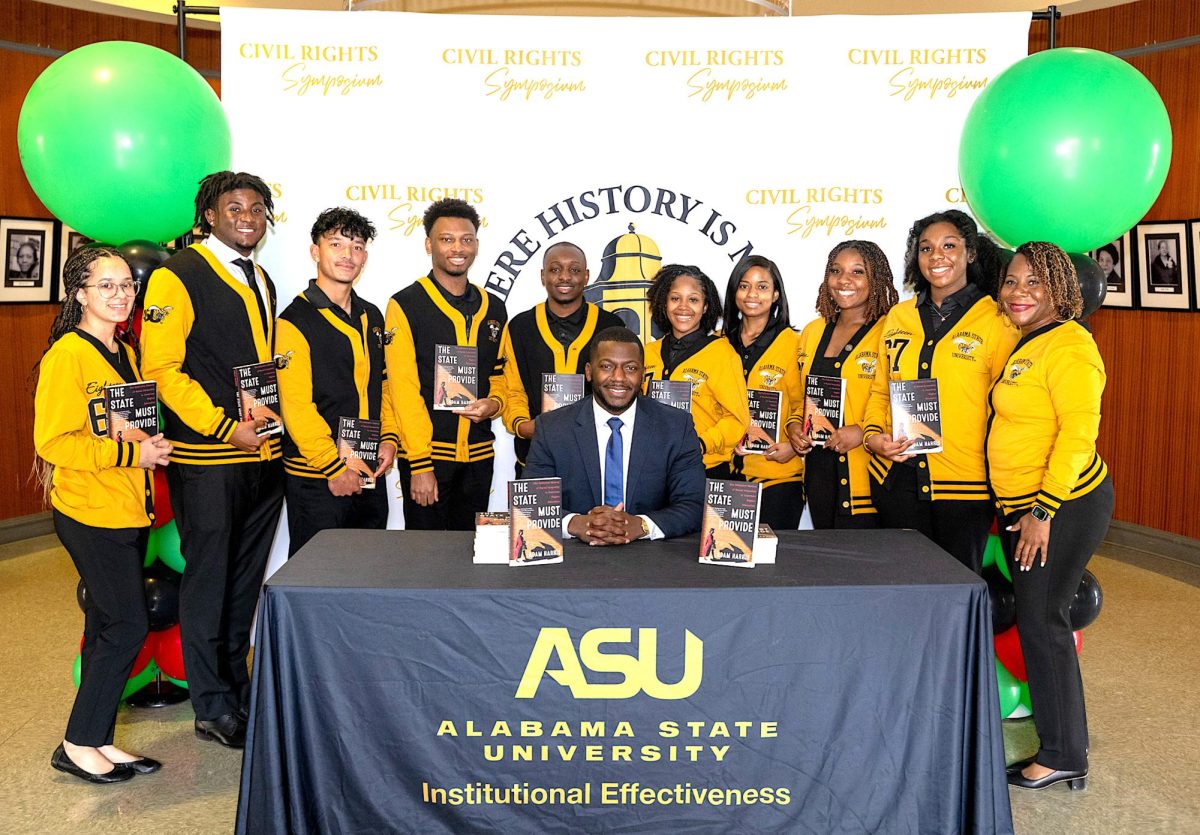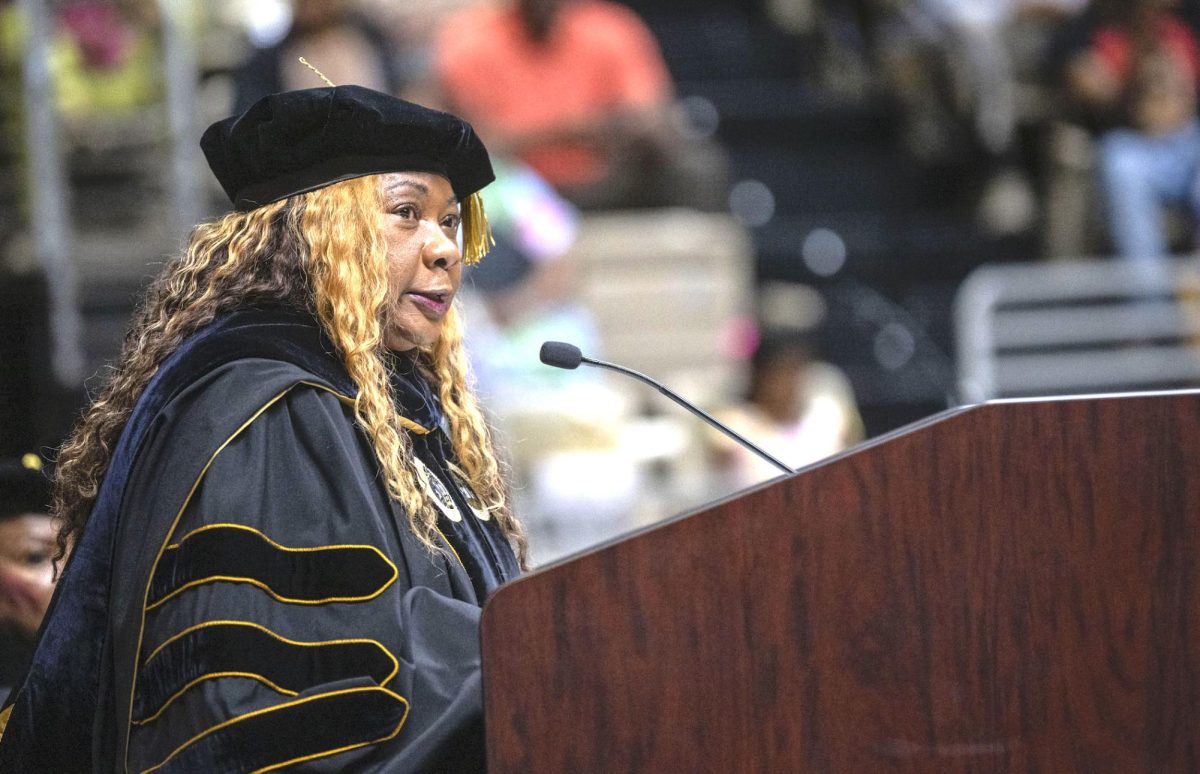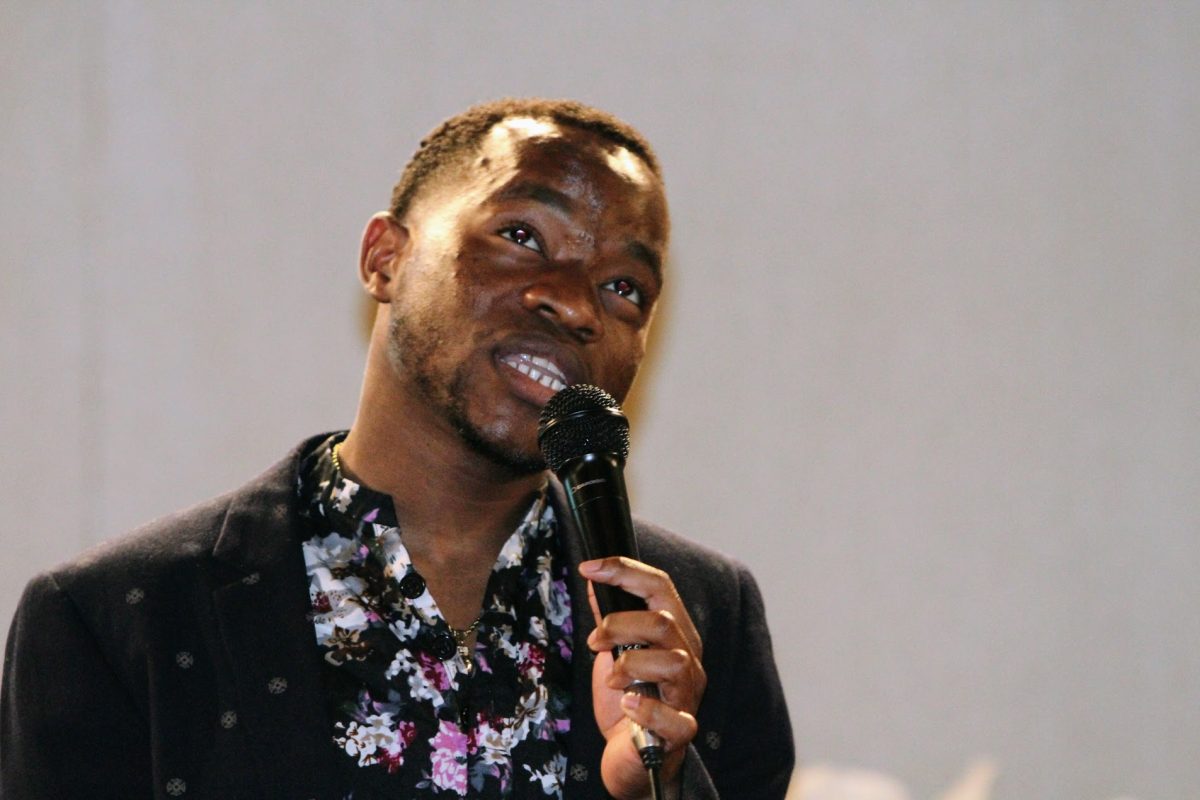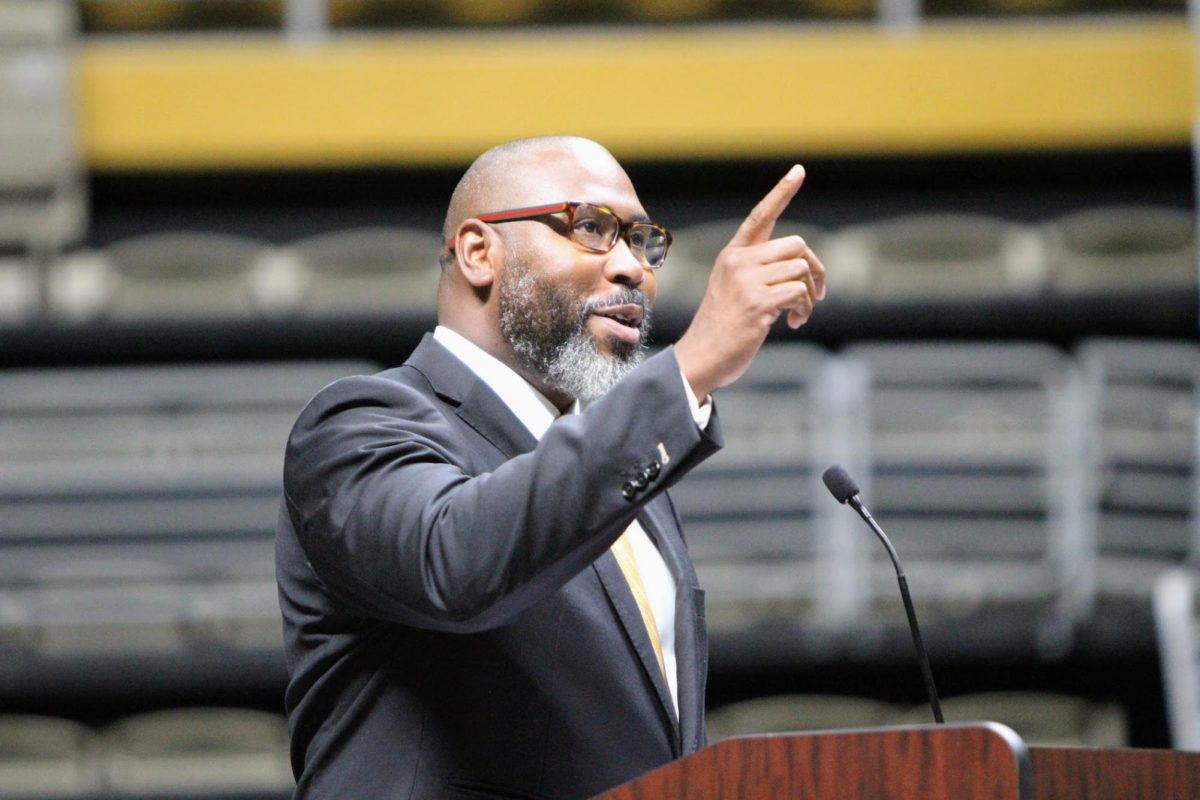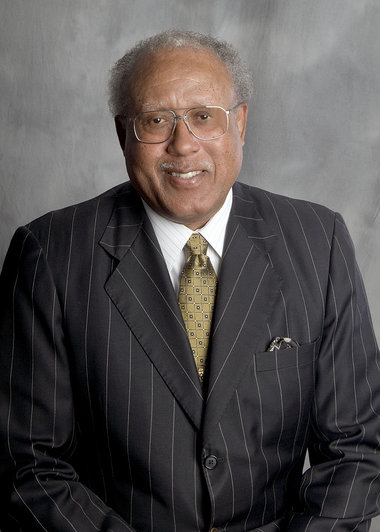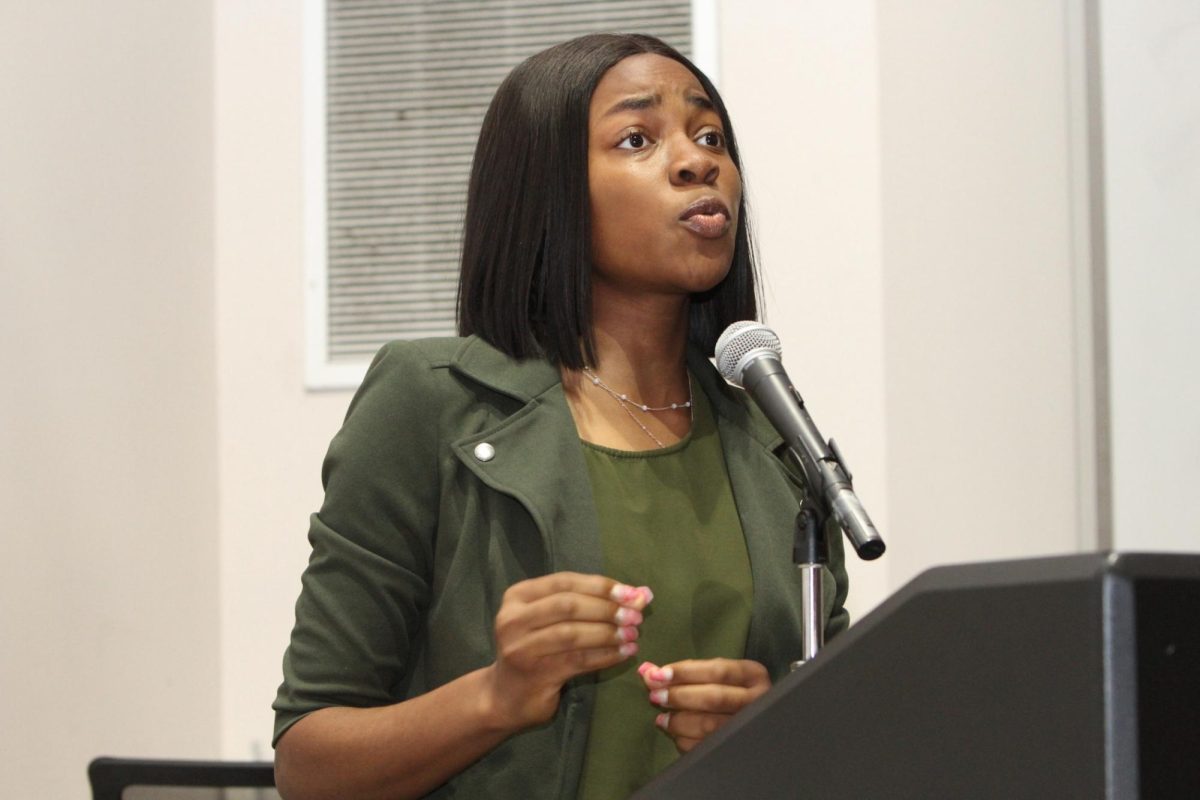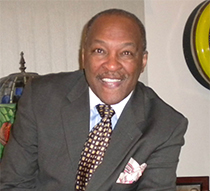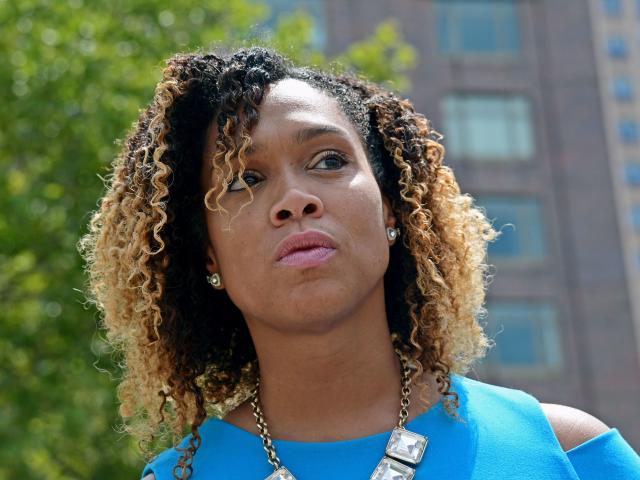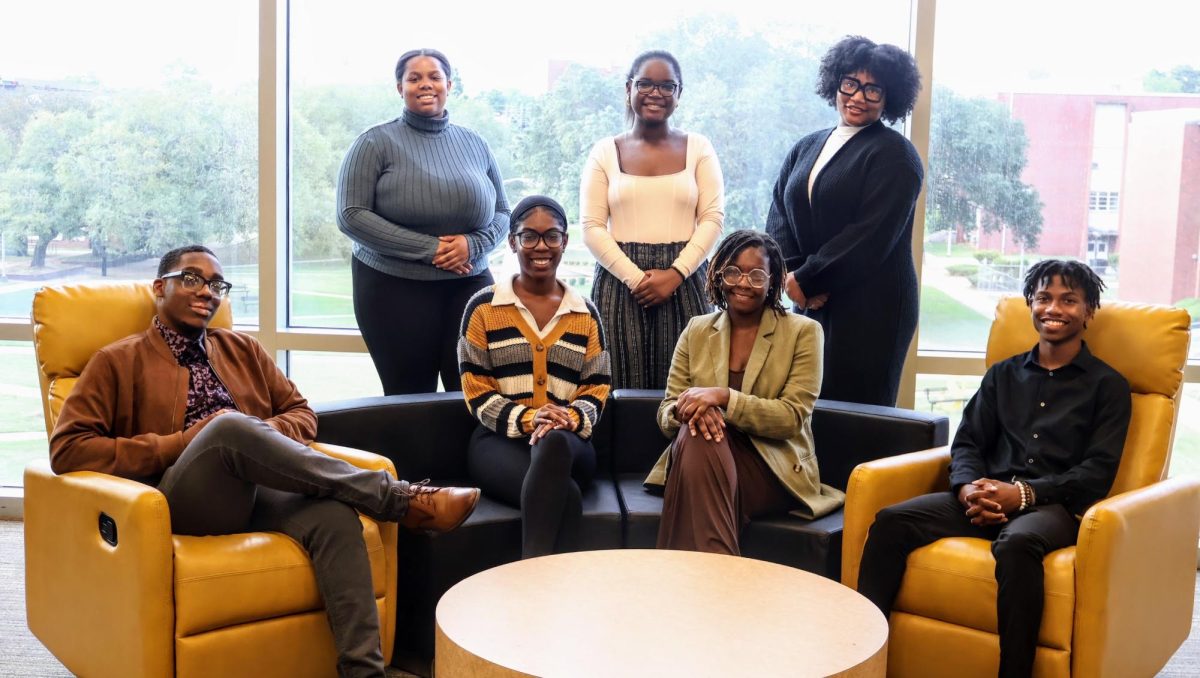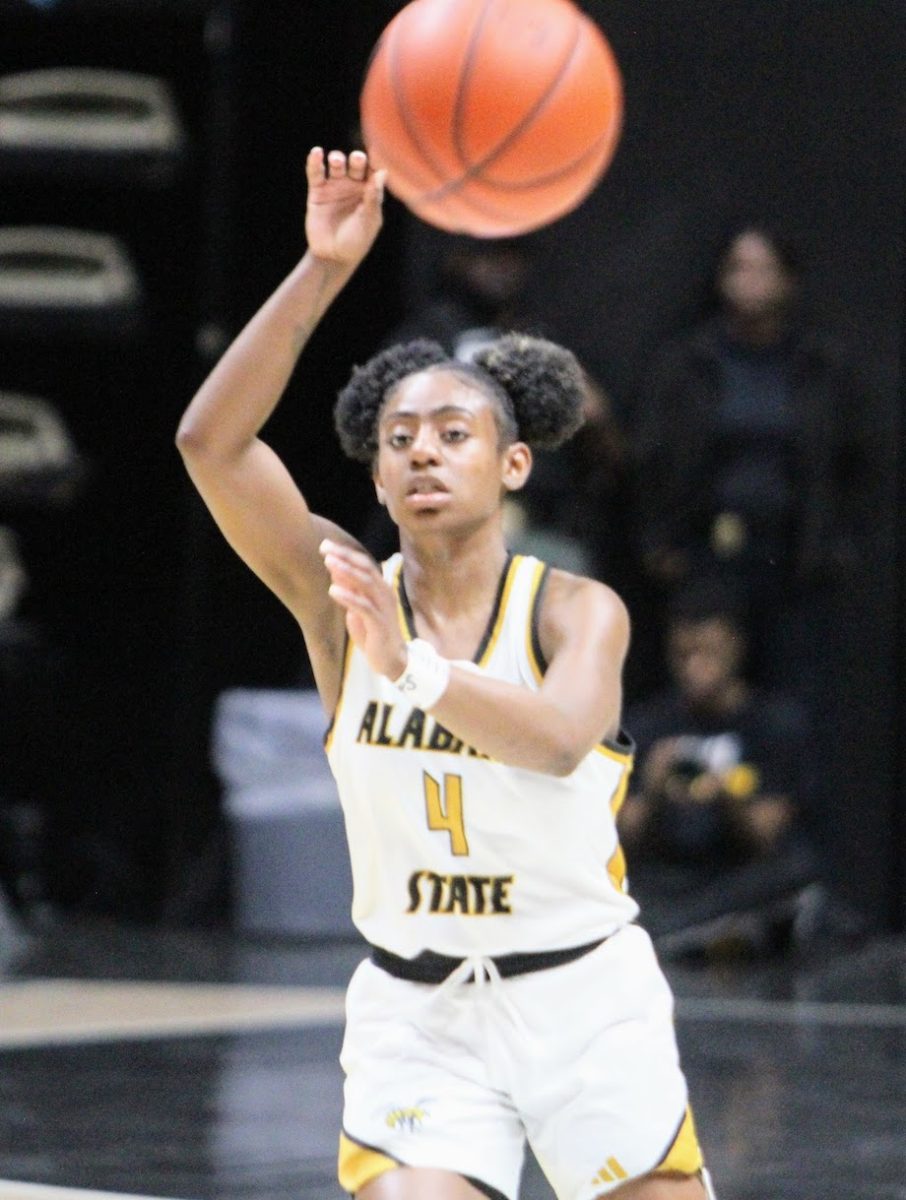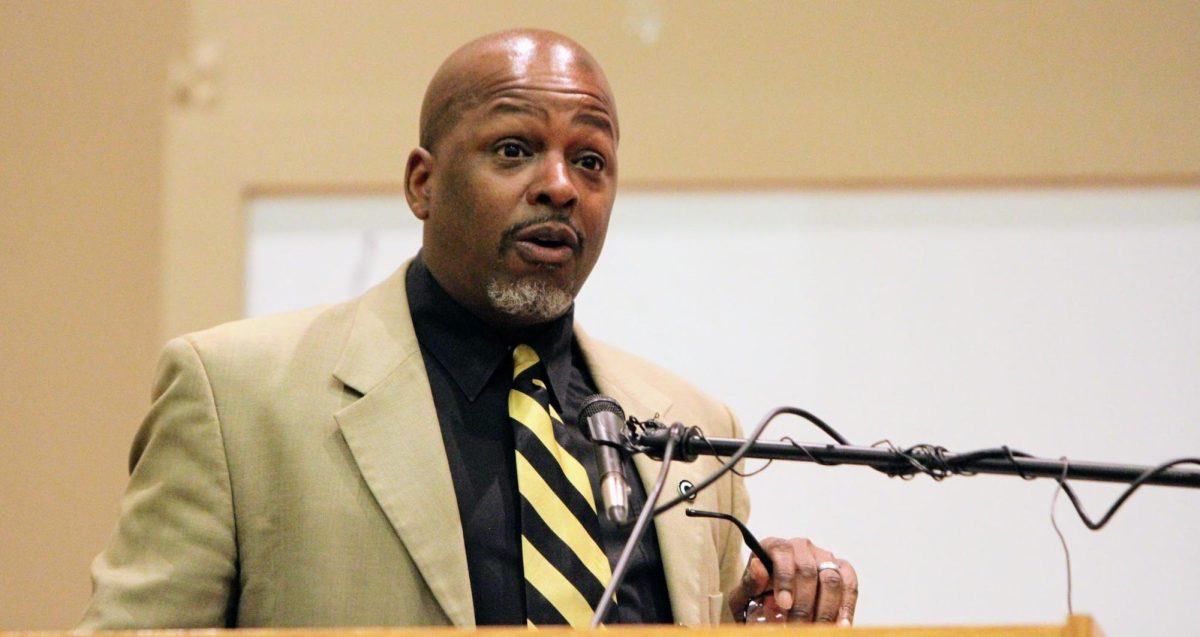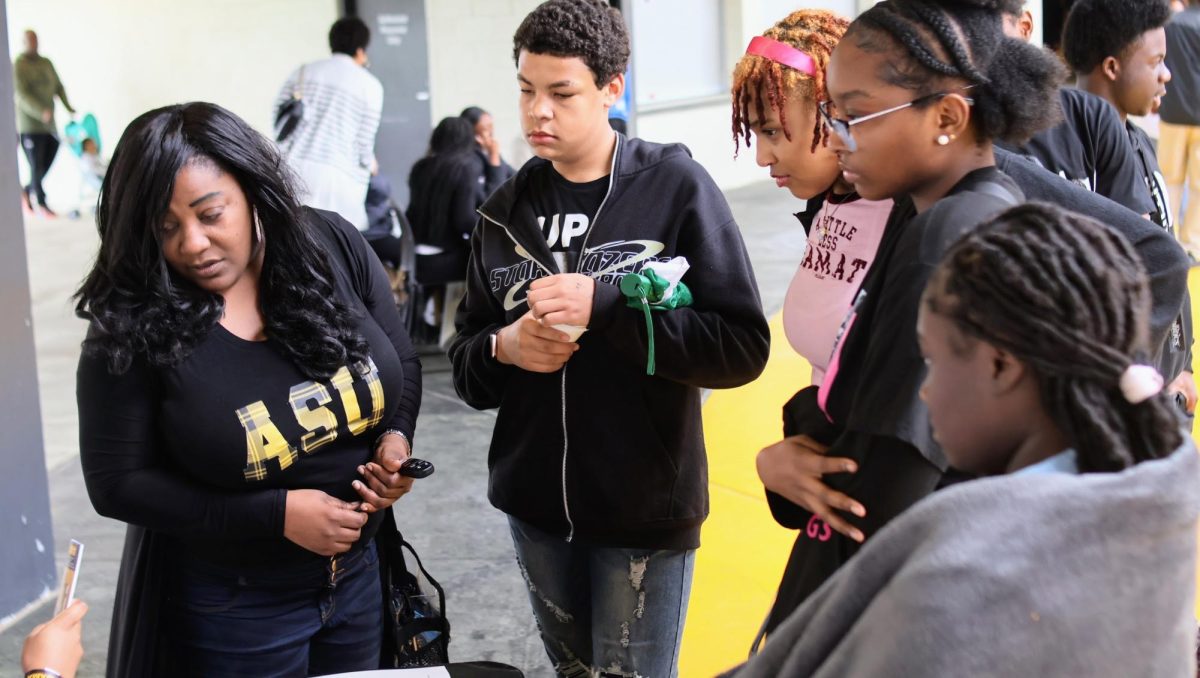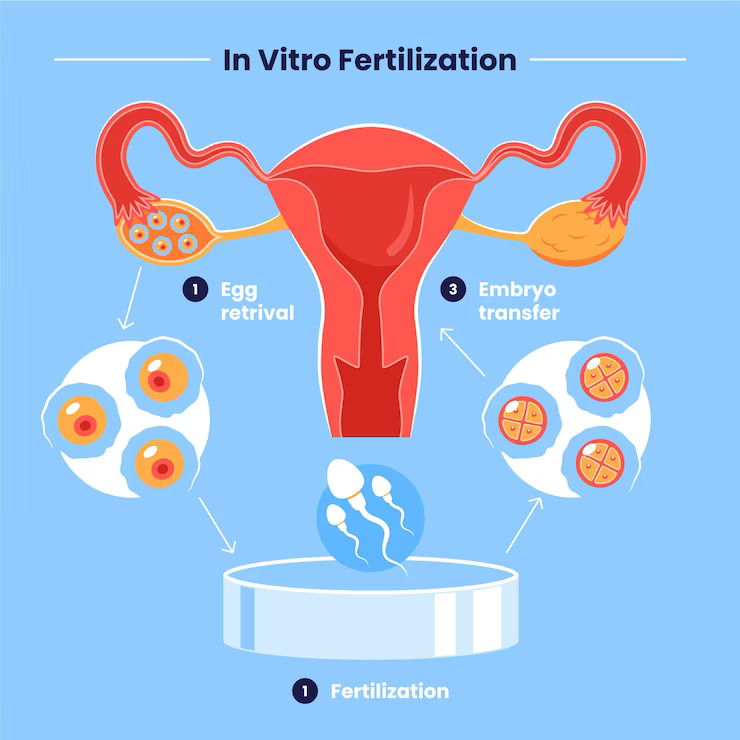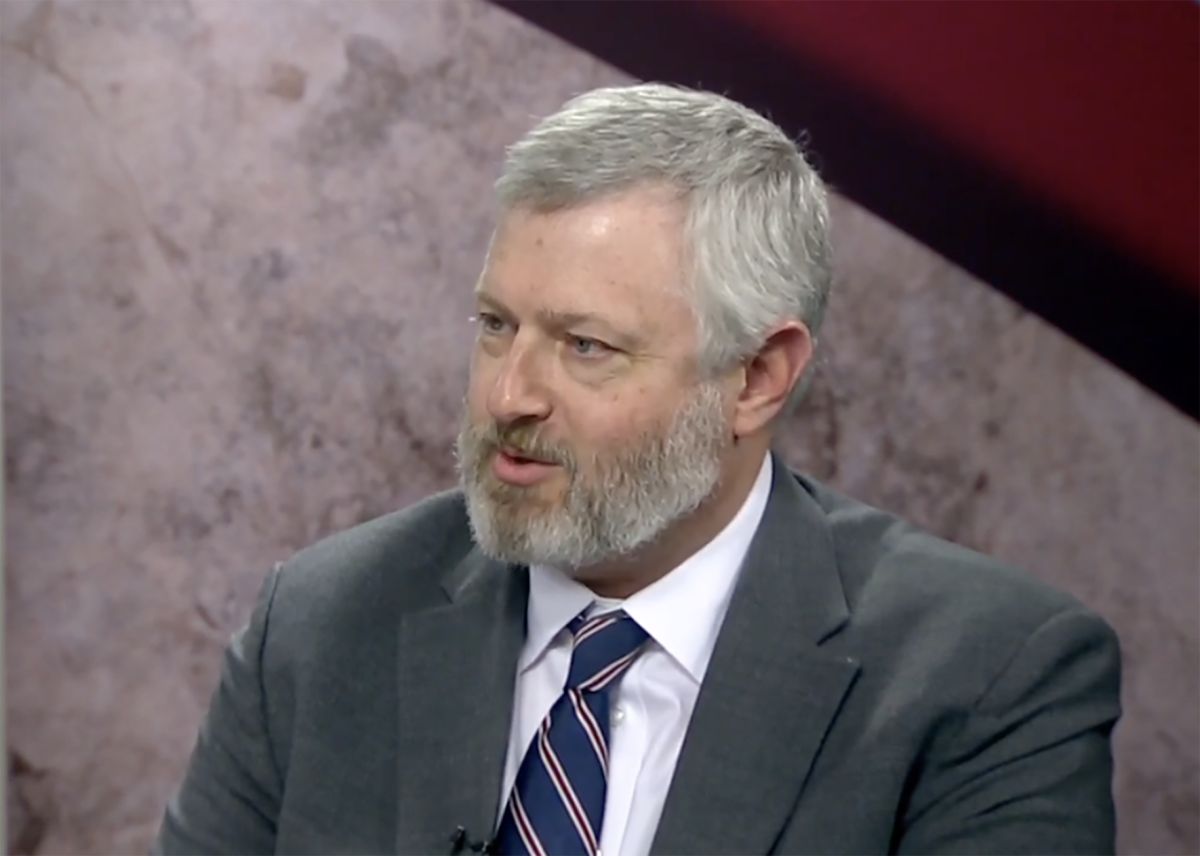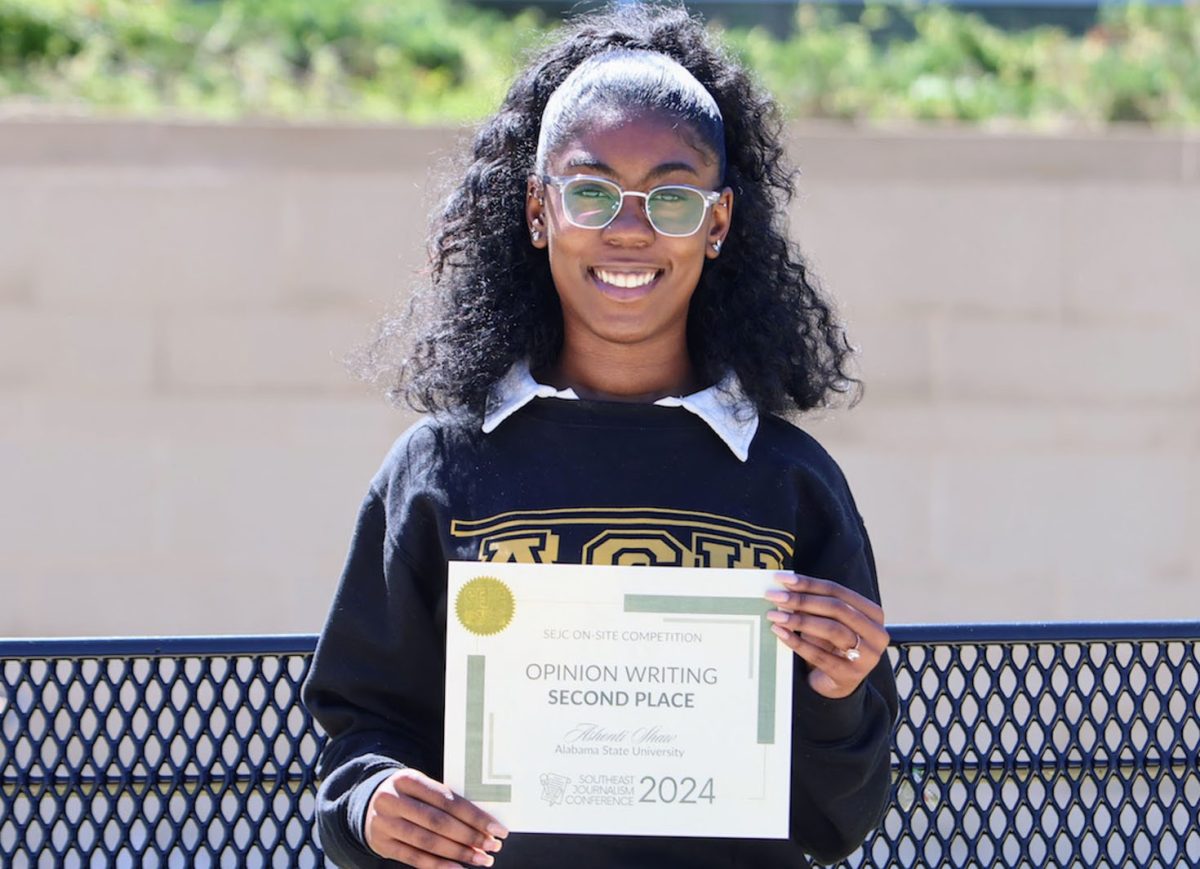Alabama State University hosted a Civil Rights Symposium at the Ralph David Abernathy Hall Auditorium on Feb. 8 at 11 a.m.
The event featured guest speaker Adam Harris, an award-winning staff writer with The Atlantic, who delivered a powerful message titled, “Exploring Inequality in Higher Education.”
Harris’s keynote address centered on the persistent disparities faced by college institutions that predominantly enroll Black students, as well as the historical significance of historically Black colleges and universities (HBCUs).
He underscored the challenges that HBCUs have encountered over time, particularly due to chronic underfunding, which has led to substandard housing conditions and inadequate campus facilities.
“America’s higher education infrastructure looked like Black people were excluded from that picture,” he said. “… A big issue for historically Black campuses are things like poor campus housing conditions and other campus facilities that need to be fixed. And the most common reason is usually a lack of available funds.”
Emphasizing the vital role of HBCUs in the lives of African American students, Harris highlighted the systemic barriers that have historically limited access to higher education for Black individuals.
“From the founding, American leaders have recognized and embraced the importance of higher education,” Harris said. “They were able to write and think so lawfully about the importance of education because they knew it would be denied.”
He condemned the notion of “separate but equal,” asserting that HBCUs, like the university, deserve equitable funding that has been withheld for far too long.
“Black education has been policed in this nation before it became a nation … They believed a separate institution was enough and began to undercut Black colleges in terms of their funding,” Harris said.
John F. Knight Jr., LL.D., a key figure in the fight for fairness in higher education, also addressed the audience, reflecting on his involvement in the landmark federal case Knight v. State of Alabama, where he served as the lead plaintiff.
He underscored the university’s pivotal role in the legal battle and emphasized the importance of collaboration between the university and Alabama Agricultural and Mechanical University in advocating for the preservation of HBCUs in the state.
“I spent over 20 something years of my life on this case, so I could spend twenty something days up here talking about it … ASU played a very important role in that case, and so did Alabama A&M,” Knight said. “Both schools had to work together and use their resources to be able to put this case on.”
In his remarks, Knight expressed confidence in the leadership of the university president, highlighting his ability to navigate political landscapes and advocate for the university’s continued growth and success.
“I am not worried, Alabama State is in good hands,” he said. “You have a president that knows how to deal with the state, Senate, House and the governor, and that’s what it’s going to take to be able to maintain and continue to grow here at Alabama State.”
Harris, Knight address inequality in higher education
February 10, 2024
Adam Harris (sitting), an award-winning writer with the nationally acclaimed publication, The Atlantic, talked about inequalities facing historically Black colleges and universities. He is joined by Vice President of Institution Effectiveness, Strategic Initiatives and Transformation Tanjula Petty and scholars from the Strada Leadership Program
Story continues below advertisement







